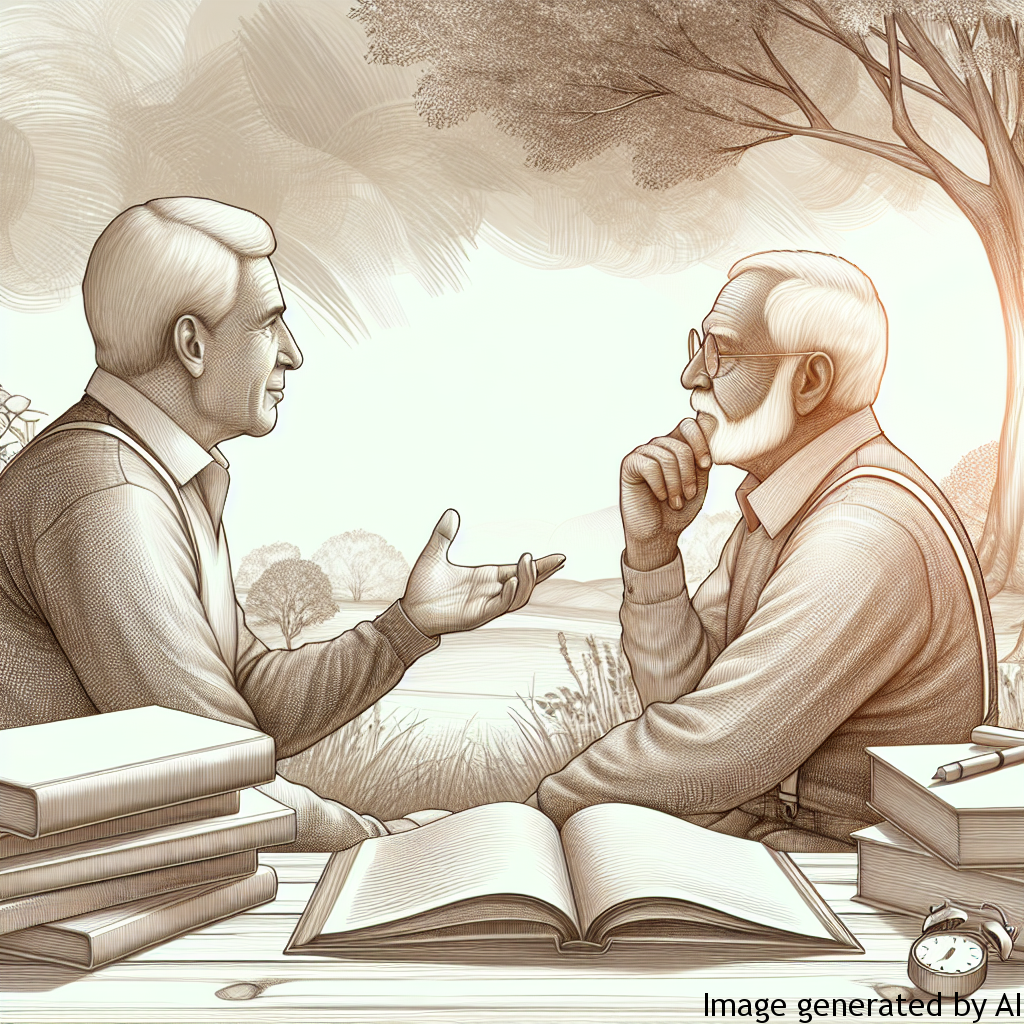Introduction
Aging often brings certain changes in many aspects of life including physical, psychological, emotional, and social. Within the realm of sexual health, an area that usually gets a lot of attention in research is erectile dysfunction. However, sexual function in older men cannot be oversimplified to mere hormonal and physical changes. It is a complex construct also influenced by aspects like intimacy, self-esteem and age-related gender expectations. This can significantly affect the psychological well-being and overall quality of life of older men.
Gender Expectations and their Impact on Men’s Psychological Health
Understanding Gender Expectations
Gender expectations refer to culturally defined standards and behaviors expected of individuals based on their perceived sex. For men, these can include expectations around strength, stoicism, independence, and sexual prowess. Such expectations can put immense pressure on men, especially if they feel they are not meeting these definitions of masculinity.
Implications on Psychological Health
As men age, the stringent adherence to traditional gender expectations can become a colossal challenge. The ability to maintain an erection can be greatly impacted with age, affecting perceived virility and hence self-worth. With many men linking their sense of masculinity to their sexual performance, this can take a psychological toll and result into depression, anxiety, lower self-esteem, and strained interpersonal relationships.
Examples of How Gender Roles Can Impact Men’s Lives
It is widely documented that strict adherence to traditional male roles can negatively affect men’s mental and physical health. For instance, men who link their masculinity to their physical strength and independence might feel vulnerable as physical aging takes its toll. Further, decline in sexual functioning can lead to stress and anxiety, especially if a man measures his manhood by his sexual prowess. These changes might also trigger feelings of inadequacy or failure, leading to isolation, strained relationships or even substance abuse.
Tips for Improving Psychological Health Considering Gender Roles
Firstly, open conversations about aging and sexual health should be encouraged to debunk societal misconceptions and unrealistic expectations. Men need to understand that changes in their sexual abilities are a natural part of aging and not a measure of their masculinity or worth. Seeking professional help from counselors or psychologists if anxiety or depression ensue is also important. Regular exercises, maintaining a balanced diet, adequate sleep, and other forms of self-care also go a long way towards managing the physical aspects of aging. Engaging in mental stimulating activities and nurturing emotional intimacy with their partners apart from purely sexual interactions can help foster a sense of connectedness and maintain healthy sexual relationships.
Conclusion
In conclusion, while aging in men brings inevitable changes in sexual function, it is significant to understand that the capacity for intimacy and sexuality extends far beyond simple physiological function. The recognition and pertinence of societal gender expectations play a substantial role in psychological health of an individual. Thus, it’s encouraged to step beyond traditional notions and cultivate a more comprehensive approach towards understanding and improving intimacy and sexual function in older men.

